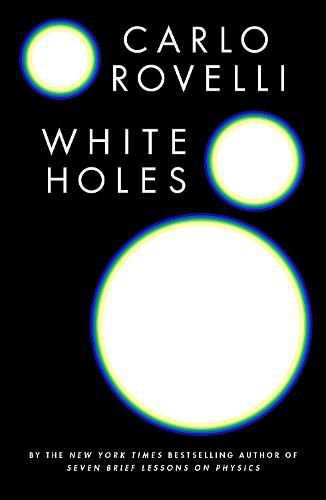


Yet it is an important fact that renal transplantation offers improvements to both life expectancy and quality of life relative to dialysis. Rovelli goes on to consider Aristotle’s belief that what we call time is simply the measurement of change: if nothing changed, time would not exist. It is almost trite to begin a discussion of organ trading by pointing out that there is currently a shortage of transplantable kidneys, and that this shortage comes at a significant human cost. Doing so can help sharpen our understanding of commodification as a moral concept, as well as its relevance to broader debates about the moral limits of markets. Specifically, I consider whether and to what extent common objections to the exchange of kidneys for cash also apply to the exchange of kidneys for 'kidney vouchers.' Second, I argue that the contrast between the ethical issues raised by these two practices highlights the need to understand commodification as existing on a continuum, with different degrees of commodification giving rise to different ethical issues. I first consider whether the literature on commercial markets in organs – a longstanding topic of bioethical debate – can meaningfully inform ethical analysis of kidney voucher programs.

This paper reflects on some of the bioethical issues at stake in this new donation program, as well as some broader philosophical issues related to the meaning and moral salience of commodification. As a relatively new practice, the ethical implications of advanced kidney donation have not yet been widely discussed. An innovative program recently initiated at UCLA Medical Center allows people to donate a kidney in exchange for a voucher that a loved one can redeem for a kidney if and when needed.


 0 kommentar(er)
0 kommentar(er)
